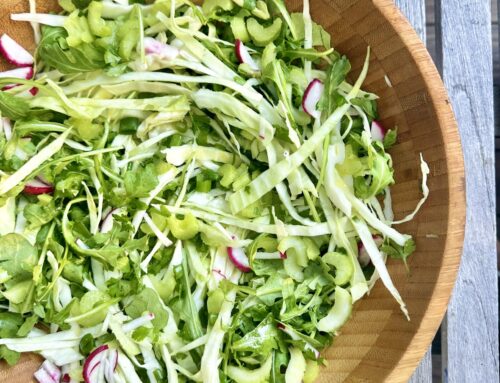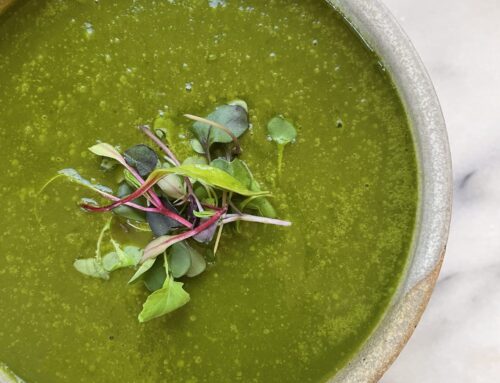What Are Antioxidants?
We all know that antioxidants are beneficial to one’s health. But what exactly are antioxidants, and why do we need them? Worry not. We’re here to explain.
The Cause: Oxidation
In order to understand antioxidants, we must first understand what they’re fighting against. Oxidation refers to oxygen’s interaction with any type of cell. Think of guacamole turning brown after being left out at a party, or a cut on your hand becoming inflamed and eventually healed. This process is completely natural and necessary in maintaining a healthy body. However, the process of oxidation can kill or damage some cells, which can then turn into free radicals. Free radicals are NOT nice.
The Effect: Free Radicals
Free radicals is the term used to describe the damaged cells that result from oxidation. These so-called “free” molecules have an odd number of (or unpaired) electrons. They are on the hunt to steal electrons from healthy atoms in the body in order to stabilize their molecular makeup. But by stealing electrons from healthy cells, free radicals set off a chain reaction of electron thievery. This process injures cells, damages DNA, and seeds disease such as heart disease, cancer, Parkinson’s disease, and many more.
While the body can naturally fight off normal amounts of free radical formation, external toxins like air pollution and cigarette smoke generate excessive amounts. This is where antioxidants come into play.
The Solution: Antioxidants
Antioxidants are chemicals, such as a vitamin, mineral, or other nutrient, that can donate electrons to counteract free radicals. Since they can safely give those greedy free radicals valuable electrons, antioxidants help to stop the devastating chain reaction which leads to poor health and disease. The body is equipped with a defense system of antioxidants, but many essential antioxidants must be supplied though our diet through antioxidant rich foods.
Antioxidant Rich Food
Now that you know what antioxidants are, here’s where you can find them:
Beta-carotene: Sweet potato, tomatoes, apricots, peas, mangos
Try the Sweet Potato Pie Smoothie or Homemade Tomato Juice
Lutein: Spinach, kale, collard greens, zucchini, watercress
Try the Cherry Limeade or the Zest Orange Zucchini
Lycopene: Red peppers, watermelon, tomatoes, papaya, mango
Try the Red Pepper Apple Smoothie or the Watermelon Mint
Selenium: Brazil nuts, sunflower seeds, oats, mushrooms
Try the Macarena or the Creamy and Craveable Cacao Zucchini Smoothie.
Vitamin A: Sweet potatoes, carrots, kale, butternut squash, cantaloupe
Try the Strawberry Sweet Potato Smoothie or the Carrot Coconut Lime.
Vitamin C: Peppers, broccoli, kiwi, strawberries, pineapple
Try the Green Pepper or Kiwiwiwi all the way Home Smoothie
Vitamin E: Broccoli, spinach, almonds, sunflower seeds, avocado
Try the Almond Butter and Jelly Smoothie or the Green Monster
Oxidation and the formation of free radicals are inevitable parts of life, but the damage they cause can be stopped and even reversed, thanks to the dietary superheroes known as antioxidants.
Check out GreenBlender for more delicious smoothie recipes and great tips!



